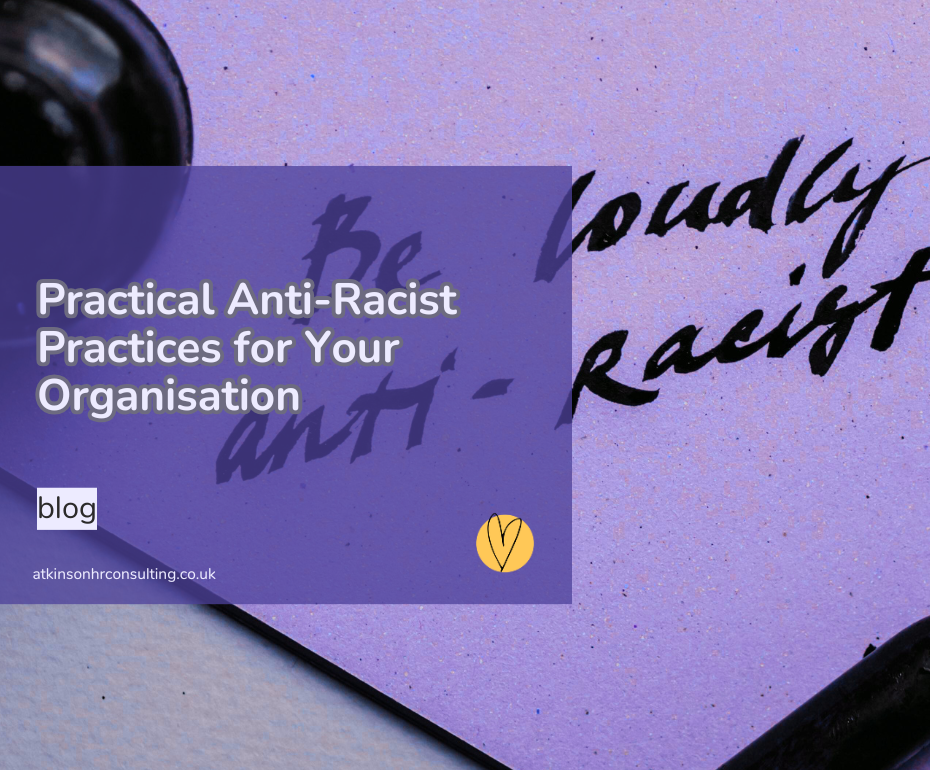What is Culture?
- graham2atkinson
- Apr 25, 2019
- 2 min read

I enjoy the Cambridge English Dictionary’s definition ‘the way of life, especially the general customs and beliefs, of a particular group of people at a particular time.’
You’ll have often heard senior leaders across organisations challenging each
other on what the culture of their business is. Words like toxic, blame, positive
are thrown around as if anyone is actually measuring what it is to fit in one of these categories. Of course, a lot of work can be done on values, your strategic
mission or vision and your objectives, and highlighting staff behaviours that contradict these could be a measure. Companies like Netflix are renowned for having a great employee brand, clear values, mission, an open and inclusive culture where employees are able to express themselves and deliver outcomes the way they want.
But how many people at your organisation know what your values are? Who has staff that sit at their desk and consciously think about the organisations mission when delivering an objective, or the vision when beginning a task? My guess, not many.
Culture is undefined, ambiguous, uncertain. It is forever changing, whether that is due to staff turnover, behaviours of senior leadership, changes in organisational priority…so how do we measure that we have a good, positive culture at our organisation?
The true answer is that no one really knows. Of course, there are metrics. Staff surveys, asking if you’d ‘recommend this organisation to a friend’, if you feel ‘supported by your manager’; staff turnover numbers and exit interview comments; the number of complaints and grievances; delivery of objectives and KPIs. There are many people measurements that can be used in order to gauge what it’s like to work for your company.
So, what can be done to help with the unmeasurable thing that is 'culture', here are some simple leadership switches:
Do your senior leaders know the mission, vision, values of the organisation and do they work in line with these? Are they good role models and do their behaviours evidence the culture you want for your organisation? Do they demonstrate this for the wider organisation to see?
Are you recruiting highly skilled, communicative workers that deliver their work and feel empowered and supported within their role? All of the common clichés fit here…do they have the right equipment? Have they had a good induction? Do they have regular 1-2-1s? Are they involved in a comprehensive development plan, designed by the conversations in 1-2-1s?
Do you use positive language? Don’t dictate, don’t exclude. Tell people what they could do rather than what they should do. Listen and respond to input, don’t say ’yes, but’, acknowledge all points and build from them. Talk about we and us. You’re all working to achieve your strategy together, so be a team. It’s not individuals that build a culture it is a collective.
Essentially, culture is complicated. It isn’t the bottom line in your management accounts or your membership numbers, it is ever changing and unmeasurable. But that’s OK. Culture should change, it should adapt, and its up to senior leaders to recognise it and shape it in whatever ways they can.




Comments